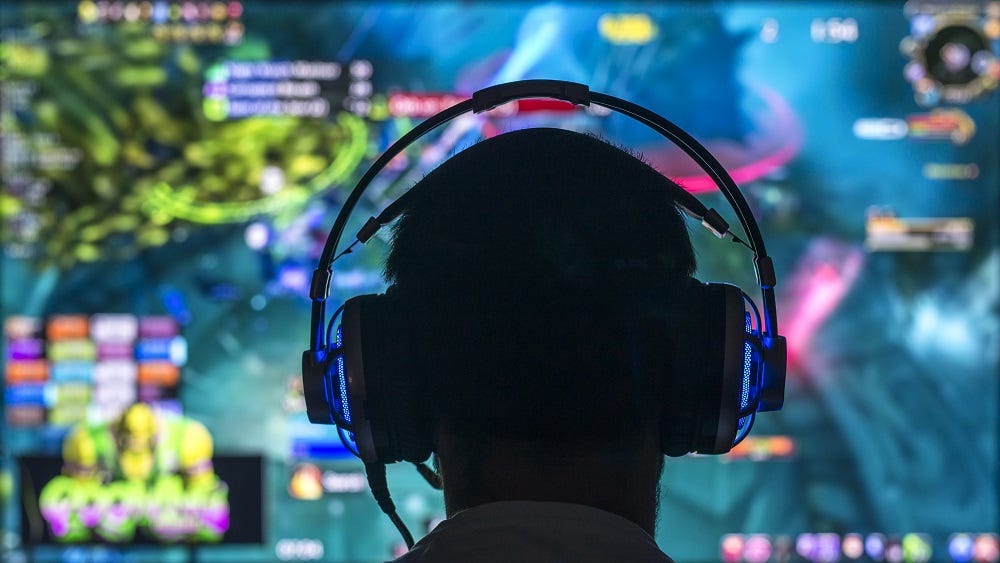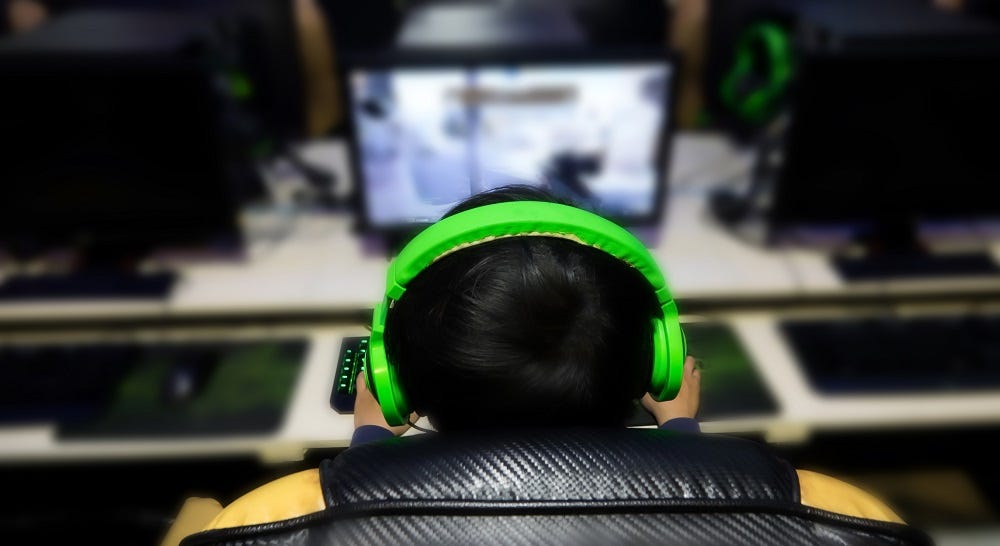Latest news about Bitcoin and all cryptocurrencies. Your daily crypto news habit.
 Photo: sezer66 / Adobe Stock
Photo: sezer66 / Adobe Stock
Over the past decade, online gaming of all kinds has risen in popularity almost everywhere in the world. From the myriad mobile apps that users spend countless hours obsessing over to the hyper-competitive world of Esports, the digital gaming industry has expanded into every corner of everyday life. For the most part, it has been, for lack of a better way to put it, all fun and games. That doesn’t mean, however, that there haven’t been some controversies along the way. In fact, like any new technological advance, online games have caused some issues and posed some significant legal and ethical questions to the public at large. Here’s a look at two of the most visible among them and how those conflicts are playing out in different parts of the world.
Loot Boxes or Gambling?
 Photo: lassedesignen / Adobe Stock
Photo: lassedesignen / Adobe Stock
If you aren’t familiar with what I’m referencing here, the easiest place to start is with this week’s news that Missouri Senator Josh Hawley intends to introduce a bill that would ban so-called “loot boxes” or any other paid, randomized game reward system. If you’re shocked to hear that the Federal government may be a mere few months away from passing actual legislation to intervene in the online gaming ecosystem, you haven’t been paying attention. The prior month, the Federal Trade Commission (FTC) announced that they would be holding a workshop to discuss the very same subject this August, which may lead to an even more immediate regulatory effort.
The heart of the issue is that there’s a growing body of research that’s indicating that loot boxes and other in-game microtransactions are akin to gambling, and therefore carry the same negative societal outcomes as other forms of gambling — except far more accessible. For that reason, a growing chorus of voices has been calling for something to be done to rein in game developers who are making a fortune using the controversial mechanic. In fact, the same thing is happening all over the developed world, with governments from the UK to Australia all beginning to explore ways to limit the practice — and those aren’t even the only legal interventions into gaming seen recently.
Know Your Opponent
 Photo: Gorodenkoff / Adobe Stock
Photo: Gorodenkoff / Adobe Stock
An even earlier (and some would say stranger) legal clash in the world of online gaming happened in South Korea this past December. That was when the national government passed an amendment to the Game Industry Promotion Act that made it a crime to engage in game boosting, or the practice of using someone else’s gaming account to inflate their in-game rankings. Proponents of the law claimed that it struck a blow for fairness within the competitive online gaming world but in reality, it seems like little more than an over-aggressive industry protection measure. Then again, South Korea takes competitive gaming far more seriously than you might think.
Here in the US (and in many other places), game boosting is a big business and operates as a part of the growing gig economy. For example, R3G offers an online marketplace matching gamers of different levels together to facilitate level boosting. They argue that the service is no different than other work-for-hire marketplaces like Fiverr and Upwork since they’re just a matching service that takes a fee for the task. Players, though, have mixed opinions of the tactic. Some insist that it’s cheating, while others believe it’s a legitimate way to collect in-game rewards when you either can’t or don’t want to do it yourself. Either way though, nobody here is pushing for legislation on the topic, because most believe it’s an issue for the game developers themselves to solve.
The Ethics of Online Gaming
 Photo: Phoompanya / Adobe Stock
Photo: Phoompanya / Adobe Stock
These two issues, while unrelated, illustrate how complex the ethics surrounding video gaming has become in the modern era. Long gone are the days of challenging friends in an arcade. Today, you’re playing against faceless strangers from every corner of the globe and being targeted by game developers who encourage you to spend an ever larger part of your disposable income on your new digital pastime. It’s become clear that both developers and players alike are going to have to develop the moral compass to navigate the morass.
In the case of microtransactions and gambling, it may well be a good idea for government regulators to step in to prevent the spread of what could become a serious societal issue. When it comes to game boosting, however, it’s hard to make a legal argument that something should be done in what amounts to an amateur competition (no matter how seriously the participants may be taking it). After all, boosted players are in over their heads and will drop back down to where they belong, and they’re not harming anyone aside from causing some minor irritation.
The bottom line here is that online gaming isn’t just pure entertainment anymore, and has a more serious side that nobody could have forecasted even a few short years ago. Even so, it’s a virtual certainty that issues like the ones discussed here are going to continue to crop up, and the industry, community, and others will have to establish baselines for what’s acceptable and what isn’t. For now, though, it’s still a free-for-all on all sides out there — so look out for pitfalls while you play.
Ethical and Legal Questions Around Online Gaming was originally published in Hacker Noon on Medium, where people are continuing the conversation by highlighting and responding to this story.
Disclaimer
The views and opinions expressed in this article are solely those of the authors and do not reflect the views of Bitcoin Insider. Every investment and trading move involves risk - this is especially true for cryptocurrencies given their volatility. We strongly advise our readers to conduct their own research when making a decision.